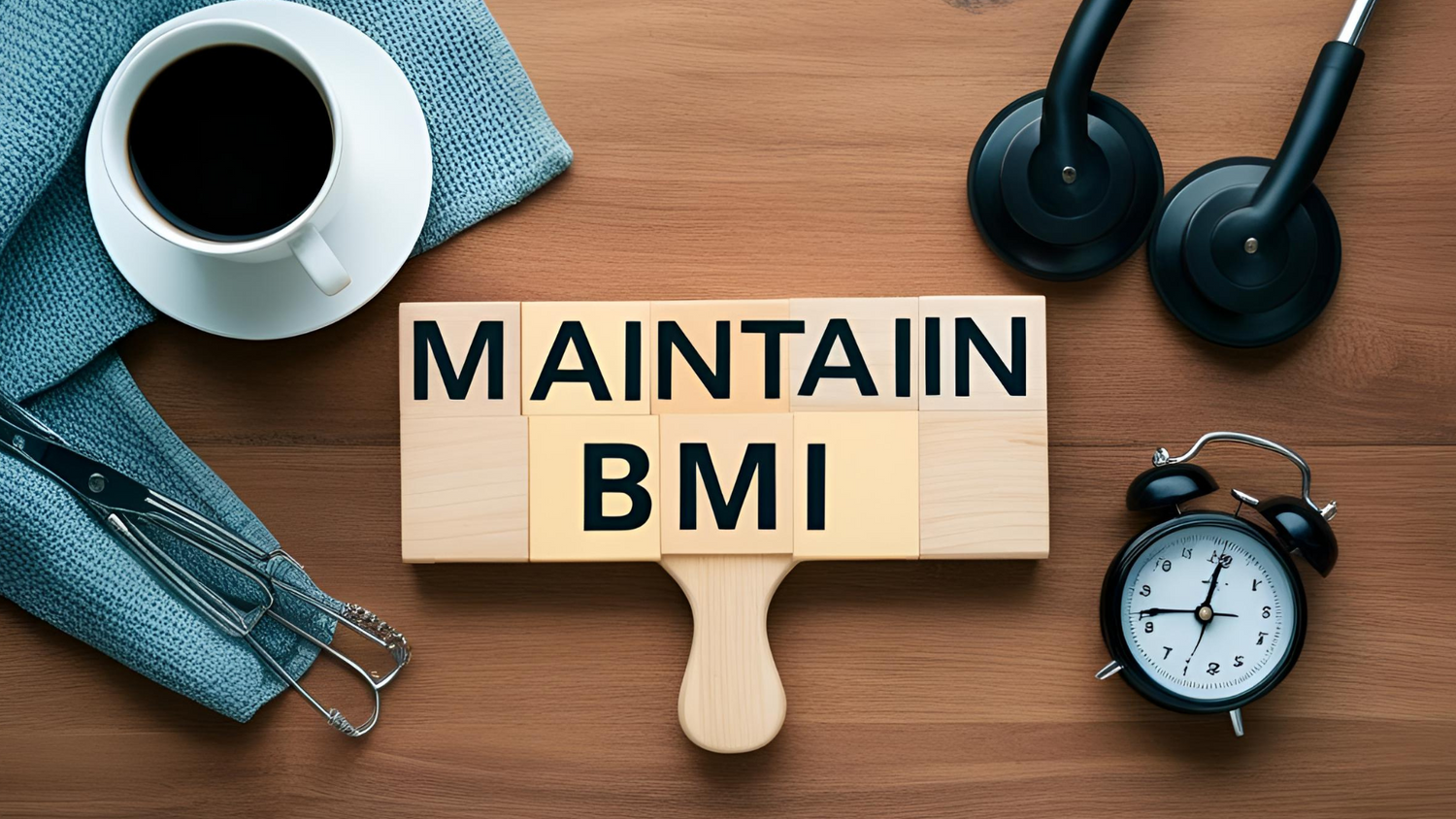Let’s have an honest talk — no judgment, no lectures. Just real life.
Most of us already know that carrying extra weight can impact our health. But when you’re juggling work, stress, family, or just life in general, it’s easy to put your own well-being on the back burner. Before you know it, you feel more tired, your knees hurt when you walk up the stairs, and your clothes don’t fit quite like they used to.
And sure, people toss around words like “BMI” or “obesity” like it’s just a number on a scale. But behind that number? There’s a body trying to cope, and a person who might just be trying their best.
So here’s what’s really happening — not to scare you, but to help you understand what your body’s going through when it’s carrying more than it’s built for.
1. Your Heart’s Working Overtime
Think of your heart like a pump. The more weight your body carries, the harder that pump has to work to keep everything moving. Over time, that extra workload can lead to high blood pressure or even heart disease. And if your cholesterol or blood sugar is already creeping up, it adds more pressure.
It’s not about panic. It’s about giving your heart a bit of a break.
2. Your Joints Feel the Load
Knees, hips, lower back — they take a beating when your body’s under strain. If you’ve ever felt like your knees are “giving out” or your lower back is always sore, that’s your body talking.
The extra weight puts stress on joints and wears down the cartilage, leading to conditions like arthritis. But even losing a small amount of weight can help ease that pressure. Really. It doesn’t take 50 pounds to feel a difference — sometimes just 5 or 10 pounds can help.
3. Sleep Gets Messy
Here’s something not everyone talks about: obesity can seriously mess with your sleep. Carrying extra weight — especially around the neck or stomach — can make it harder to breathe at night. You might snore, wake up often, or feel tired no matter how long you were in bed. That could be sleep apnea, and it’s more common than people realize.
Without good sleep, everything else — mood, energy, cravings — goes out the window.
4. Your Blood Sugar Gets Out of Whack
One of the biggest risks with obesity is type 2 diabetes. When your body has to work harder to use insulin, sugar builds up in the blood, and over time, that can damage nerves, kidneys, and more.
The silver lining? Small changes — walking more, changing up your meals, cutting back on sugary drinks — can help balance things out. And they’re changes you don’t have to make overnight.
5. Your Mental Health Feels It, Too
This part’s harder to talk about, but it’s real. Living in a body that doesn’t feel like you anymore can mess with your confidence, your energy, and even your relationships. It’s not just about how you look — it’s about how you feel. The frustration, the guilt, the feeling of being stuck — it adds up.
But you’re not alone. And you’re not weak for feeling this way.
So What Now?
If you see yourself in any of this — it’s okay. You’re human. Life is complicated. What matters is that you know your health deserves your attention, and you’re allowed to take up space while working on it.
You don’t have to do everything at once. Start small. Add one vegetable to your plate. Take one walk. Get one good night’s sleep. You’re not failing — you’re figuring it out.
And that’s more than enough for today.
Would you like this adapted for a personal blog or health coaching page, too?



Leave a comment
This site is protected by hCaptcha and the hCaptcha Privacy Policy and Terms of Service apply.